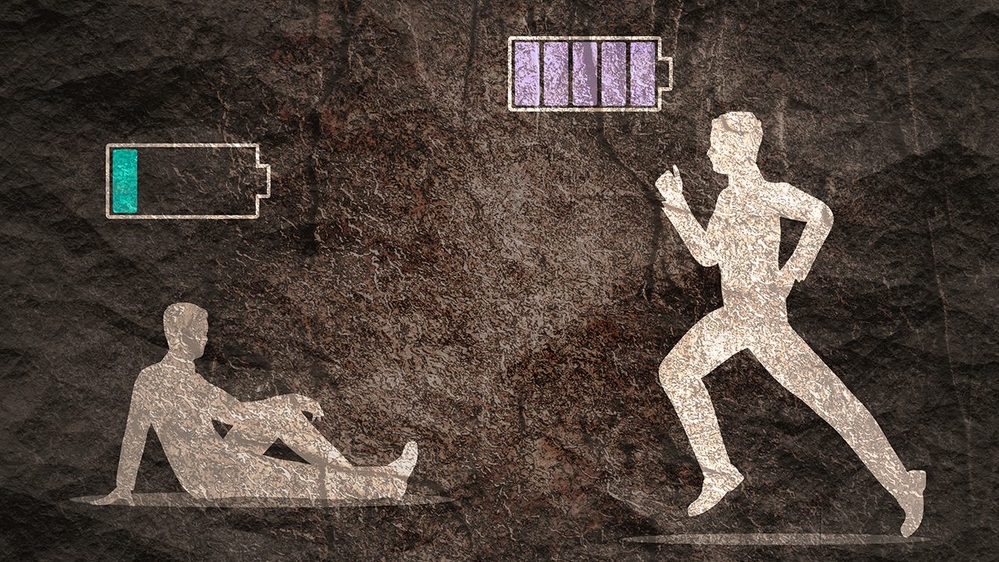ABOUT THIS WEBINAR:
In the past two years, service providers have no doubt experienced added stress, felt emotionally taxed, and faced lower resilience. They are depleted!. Virtual service delivery, sudden work environment changes, direct or indirect COVID health concerns, as well as changing job duties to maintain quality outreach despite uncertain conditions have all contributed to your need to refuel. So how do you put some fuel back in the tank? During this session, we’ll explore some strategies to help build resilience and take better care of ourselves.
Learning Objectives:
In this webinar, we will learn how to:
- Identify resilience.
- Differentiate between sources of stress and proactively plan for coping with the stressor.
- Identify the extent to which you would need to refuel prior to, during, and after a service delivery experience.
- Practice and employ specific self-care techniques that help build resilience, restore depleted resources and effectively “refuel.”
PRESENTER:
Lakshmi Mahadevan, Ph.D.
Associate Professor & Extension Specialist, Special Populations
Texas A&M AgriLife Extension Service
Dr. Mahadevan has a doctorate in Educational Psychology with an emphasis in Career Development Education from Texas A&M University. Her areas of expertise include universal design for learning and accessible curriculum. She has more than 15 years of experience in conducting face-to-face and online professional development with educators in Texas addressing various special populations-related issues. Dr. Mahadevan evaluates the accessibility of educational programs, oversees curriculum fidelity and quality control of a community-based life skills program for youth aged 18 through 24, and provides subject matter expertise on advancing equity in career and technical education.
CONTINUING EDUCATION (CE) CREDIT:
- Social Work, LPC, LMFT: Programming approval for 1.0 CE credits will be obtained for Social Work, Licensed Professional Counselors, and Licensed Marriage & Family Therapists from the University of Texas at Austin, Steve Hicks School of Social Work. Check with your state licensing agency for reciprocity and/or credit approval if licensed for other professions or in one of the following states: CO, FL, HI, IA, KS, KY, MI, NY, ND, OH, OK
- Case Manager: This program has been submitted to the Commission for Case Manager Certification for approval to provide board certified case managers with 1.0 clock hours.
- Board Certified Patient Advocates: This program has been pre-approved by The Patient Advocate Certification Board to provide continuing education credit to Board Certified Patient Advocates (BCPA). The course has been approved for a total of 1.0 CE contact hour, of which 0.0 are in the area of Ethics.
- Certified Family Life Educators (CFLE): This program has been approved by the National Council on Family Relations (NCFR) for 1.0 CE credit for CFLE.
- Certificates of completion are available for providers interested in documenting their training activities.


Comments (1)